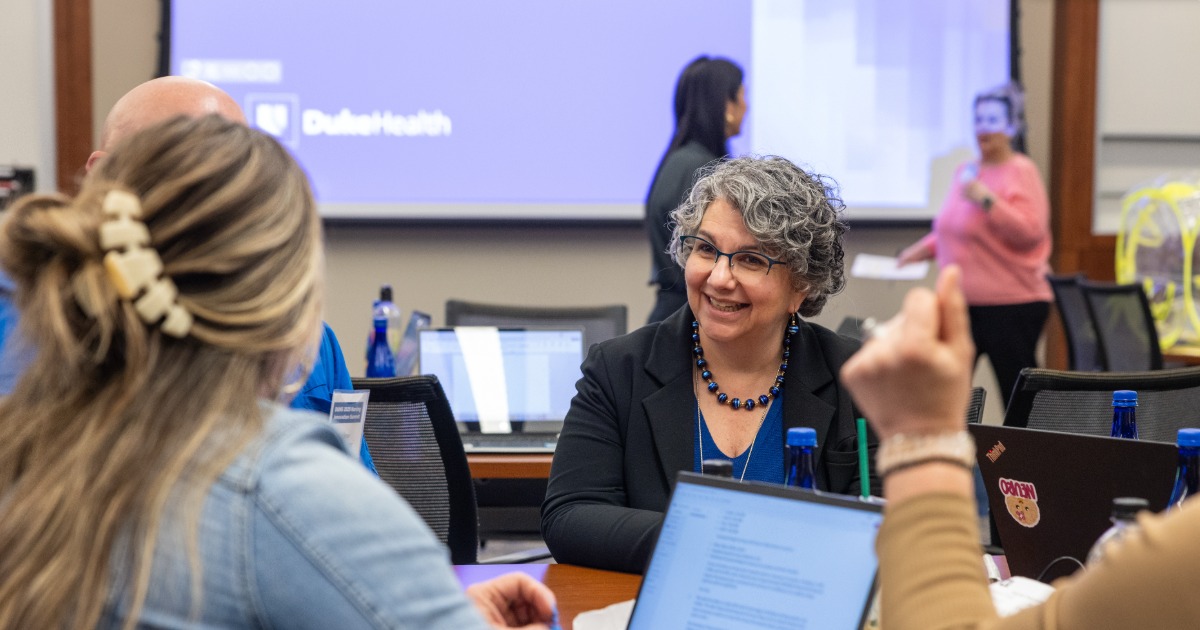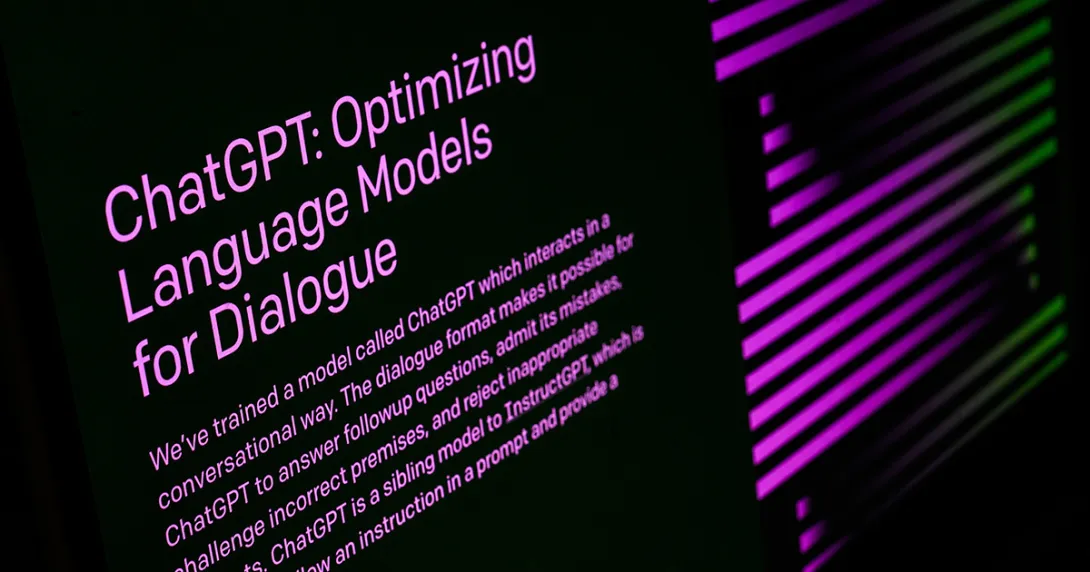
Image courtesy of Abridge
To help address the challenges associated with documentation burdens, a growing number of healthcare organizations have turned to artificial intelligence (AI), particularly ambient documentation technologies, to gain greater efficiency and reduce clinician burnout.1
Yet, healthcare organizations can realize greater value from AI when they think beyond ambient scribing, said Matt Troup, Senior Director of Clinical Success at Abridge. Enterprise-grade AI can power a comprehensive suite of products to serve the entire organization, from clinicians to revenue cycle management teams. Importantly, he added, truly enterprise-grade AI platforms like Abridge push the frontier of clinical support technology to address the greatest pain points in today’s health systems by bringing intelligence and understanding to the point of conversation.
Prior authorization at the point of conversation
After seeing patients and closing documentation, clinicians can spend hours each week on time-consuming prior authorizations for patients — that is, securing advance payer approval for prescribed services, procedures or medications. Abridge AI has the capability to deliver vital context at the point of conversation to streamline this onerous work, said Troup.
“Prior authorization has long been a bottleneck — slowing care, draining clinicians and frustrating patients,” he said.
Abridge is well known for transforming patient-clinician conversations into clinical notes. Building on this technology, Abridge translates clinician questions and case descriptions into complete prior-authorization documentation for review — and prompts clinicians for missing information in real time, compressing weeks of waiting for a prior-authorization decision into minutes.
“This isn’t just about efficiency; it’s about reclaiming time, rebuilding trust and providing care when it matters most,” he said. “This is how smart technology combined with clinician insights can overcome healthcare’s biggest barriers.”
Innovation driven by foundational AI science
Enterprise-grade AI suitable for clinical settings does not merely maintain the status quo but improves documentation and workflows. That starts with accuracy. Documentation errors can cause medical errors, malpractice claims and even patient mortality. With AI, there is now the possibility of clinical notes completely faithful to the conversation and clinical context. Yet, AI “hallucinations” can present problems for standard AI models.
With its AI platform deployed at more than 150 health systems, Abridge has continued to innovate its core technologies by developing “purpose-built guardrails” to identify and correct unsupported clinical claims (colloquially, “hallucinations”) before their inclusion in clinical notes.
“Our unwavering focus on innovation, grounded in clinical conversations, makes Abridge different,” he explained. “As a practicing clinician, accuracy of documentation is crucial to me. With a ‘by clinicians, for clinicians’ ethos at our core, we’re not just speeding up clinical note-taking or prior authorization; we’re transforming it at scale.”
Scaling ambient AI for true impact
Technological promises are endemic to AI, but given that, according to a recent report from MIT, 95% of AI deployments at companies fail, proven ability to scale across a health system is a minimum standard for enterprise-grade AI.2 Anything less, Troup added, won’t provide the impact health systems need.
Abridge has developed a unique implementation practice that enables rapid adoption and scale. Only by scaling across thousands of clinicians who utilize Abridge with a near 97% retention rate can health systems gain widespread clinical and operational efficiencies. At Abridge, that impact is measured in comprehensive case studies and peer-reviewed research that show its AI platform reduces clinician burnout, improves job satisfaction, elevates patient experiences and supports more accurate and efficient revenue cycle management — often in just a few months.
Now, with tens of thousands of daily clinician users generating more than a million notes a week, Abridge has built trust by ensuring its platform meets health systems’ most pressing needs.
“Through key partnerships, we’re building upon a strong foundation to further reduce clinical workflow burdens,” Troup said. “By embedding AI directly into the patient visit, we’re moving upstream and pushing the frontier of healthcare AI toward meaningful impact on care delivery and administrative efficiency.”
References
- Poon, E.G., Lemak, C.H., Rojas, J.C., Guptill, J., and Classen, D. 2025. Adoption of artificial intelligence in healthcare: Survey of health system priorities, successes, and challenges. Journal of the American Medical Informatics Association 32(7): 1093-1100. https://academic.oup.com/jamia/article/32/7/1093/8125015.
- Estrada, S. August 18, 2025. MIT report: 95% of generative AI pilots at companies are failing. Fortune. https://fortune.com/2025/08/18/mit-report-95-percent-generative-ai-pilots-at-companies-failing-cfo/.



